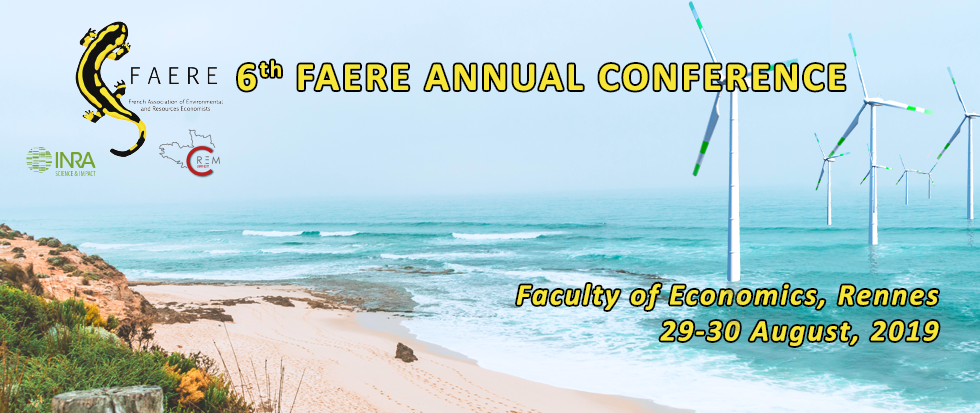Reducing the consumption of animal-based products is an increasingly recognized public policy objective. With its health, environmental and ethical stakes, the transition to more plant-based diets is now emerging as a major challenge for the public authorities. The means implemented to promote this transition have in recent years been mainly the work of associations with consumers and producers, which is sometimes referred to as private politics.
The work of raising awareness on these issues has mainly been led by two types of associations: associations adopting a reformist discourse, i.e., which aims to improve farming conditions and reduce meat consumption, and associations adopting an abolitionist discourse, i.e., aimed at stopping the exploitation of animals and, thus, at the end of meat consumption. The effectiveness of these two types of speech is central to understanding how to achieve a significant decrease in meat consumption. Thus, we propose to measure experimentally the impact of reformist and abolitionist discourses in the laboratory.
We analyze the impact of the discourses on four measures associated with the willingness to adopt more plant-based diets: (i) one petition supporting the introduction of vegetarian meals in public restaurants, (ii) one petition against intensive farming, (iii) the willingness to subscribe to a newsletter to switch to plant-based diets, and (vi) a dictator game with a NGO for animal-welfare.



